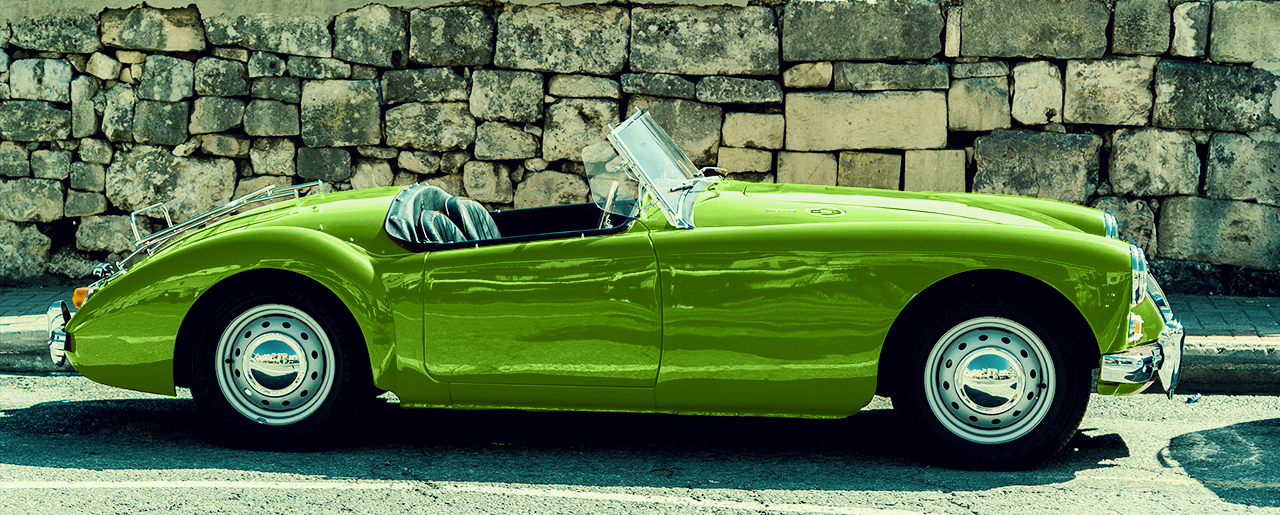That’s it! The sunny days are finally back! It will soon be time for you to take your classic car out of the garage. You can wax it up again and make it shine like new! Maybe you’ll even take your old beauty for a spin to hear the sweet purr of its engine?
But do you have the right insurance coverage for your classic car? Here’s what you need to know to enjoy your classic car to the fullest, without any hassle.
Classic car or antique car?
There is no precise definition for classic cars. However, as you may have guessed, they must be a certain age. For example, a car that is around 15 years old will be classified as a classic car by some insurers.
Cars that are between 25 and 30 years old are considered antique vehicles.
In addition to age, in order to be classified as a classic car by an insurer, your vehicle must meet certain specific criteria:
- It must be recognized as a collector’s item;
- It must not be used for your daily commute;
- He must not drive more than 5,000 km per year in his classic car.
- He will not be eligible to enter competitions;
- It only runs during parades or exhibitions;
- It has a license plate certifying its historical value;
- It must not have undergone any modifications and must have all its original attributes.
Furthermore, the owner will not be able to carry out repairs on his classic car himself.
Factors that influence the price of your policy
Insurance for classic cars is very specific, and only a few specialized insurers offer it. However, just like with regular car insurance, several factors will influence the price of your policy for your classic car. Your age, gender, driving record, neighborhood, the type of coverage you want, and how you plan to use your car will all have a direct impact on the price of your coverage.
FAQ 43-c: An essential amendment
In property and casualty insurance, the basic rule is to compensate the insured for the value of the property on the date of the loss. However, this basic rule may not fully satisfy you in the event of an accident.
Thus, with endorsement F.A.Q.43-c, an appraiser recognized by your insurer will determine the agreed value of your vehicle. When you sign your insurance contract, you will therefore have agreed with your insurer on the amount that will be paid to you in the event of a claim.
Difficult to dispute, the agreed value may be more advantageous to you in the event that your classic car is a total loss. With this type of valuation, the insurer does not take into account the depreciation of your antique car.
An antique car, but a car nonetheless!
Although your old beauty has added value, it is still just a car. In addition to the coverage specific to this classic car that you cherish, make sure you have good civil liability coverage. If you were to accidentally cause property damage or injure someone, you would be protected.
Why use an independent broker for classic car insurance?
Ce ne sont pas tous les assureurs qui se spécialisent dans la couverture des voitures antiques. Un courtier indépendant pourra vous orienter vers l’assureur offrant la couverture qui correspondra le mieux à vos besoins et à votre budget.
In addition, they can advise you on how to have your classic car appraised according to industry standards. This way, you won’t be penalized in the event of an unfortunate incident.
